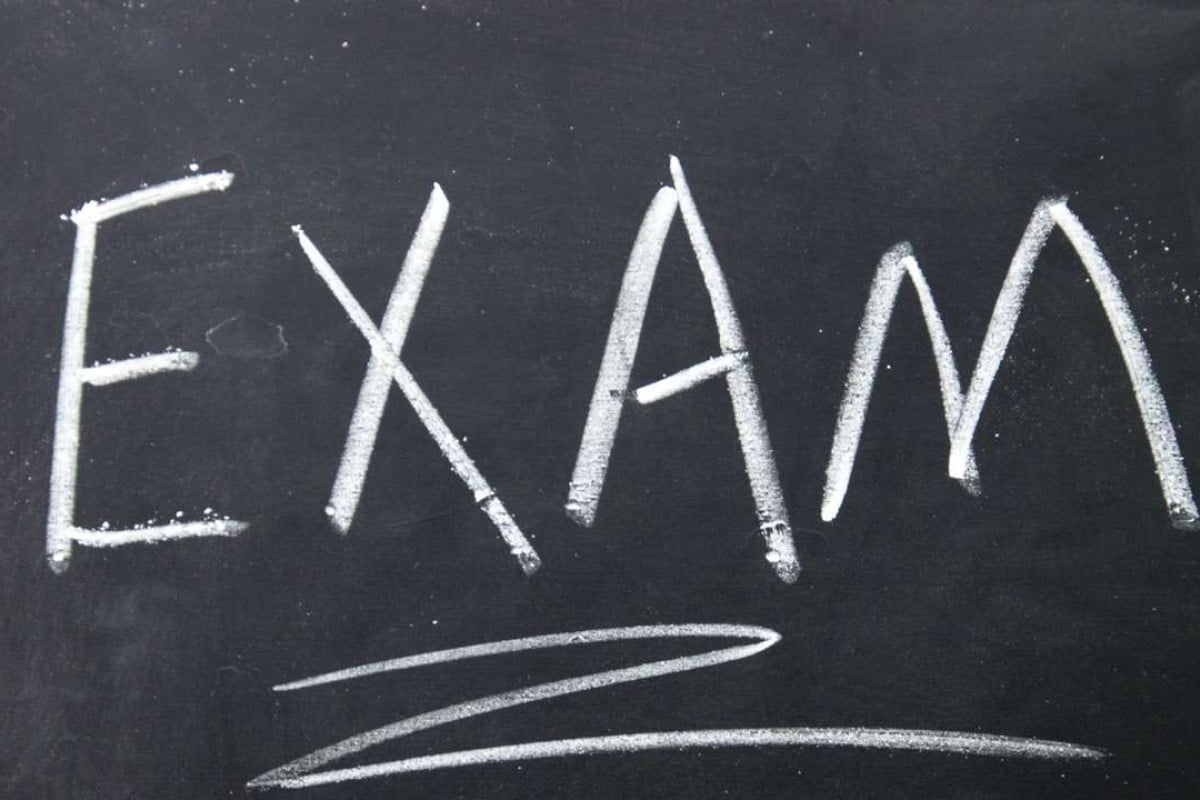
Face off: should the school-based assessment be scrapped?
Each week, two of our readers will debate a hot topic. This week ...

 Exam
ExamJoy Pamnani, 18, University of Hong Kong
The school-based assessment (SBA) is used in many countries around the world. The idea behind the scheme is to take pressure off students who are worried that public exams alone could decide their future. Despite its good intentions, I believe the SBA should be scrapped, because it is neither beneficial for students nor teachers.
To begin with, there’s a big issue with inequality, particularly for lower-band schools, and different standards of marking.
According to the SCMP, students from lower-band schools are often unable to complete such projects. For the liberal studies Independent Enquiry Study, many directly copy information from online sources. “Our students can’t even think of a research topic, let alone conduct research on it,” said Mandy Kot Yau-man, the panel head of liberal studies in a New Territories band three school – the lowest band among Hong Kong’s secondary schools – in an article in the SCMP.
Marking isn’t fair either, as teachers’ marking standards vary from school to school. And although the aim is supposedly to reduce exam pressure, after schools mark students’ projects, education officials give an assessment score based on the school’s comparative performance against other schools. So, if you’re a smart student from an underperforming school, your grades are pulled down because of your school’s low collective score. As a result, due to the intense competition for university places in Hong Kong, many students are given grades that don’t accurately reflect their abilities, and as a result, they may even be deprived of a chance for further study.
Teachers also complain the SBA adds to their workload. The system requires small classes, but schools lack the manpower and resources to properly assess students.
But let’s get back to the main reason for introducing the SBA: to reduce the pressure on Hong Kong students.
The goal isn’t being met, as Hong Kong students are very exam-oriented. The HKDSE is already a heavy burden, and SBAs just mean students are under constant pressure. The fact that you need to complete an SBA for nearly every subject means the last three years of secondary school are as demanding as a full-time job.
Hong Kong’s education officials should cancel the SBA, and focus more on developing an education system that suits everyone, and is a fair assessment of students’ abilities.
Anson Chan Pui-shing, 17, Carmel Secondary School
Before deciding whether the school-based assessment should be abandoned, we need to ask ourselves one question: Is the SBA useful? The answer is a resounding yes, because it helps you pass exams or score higher marks.
The SBA contributes significantly to the DSE, being worth approximately 20 per cent of the exam marks. This is a good way to get quite a lot of marks before the actual exam. These marks are crucial for students who panic in exam situations, or who have a bad day. In other words, the SBA makes students less dependent on the results of just one exam.
At lower-band schools, many students struggle with the HKDSE. It is unfair to use only the DSE results to assess students’ ability. The SBA can help students pass the exams, which can be crucial for their future study or career prospects.
Apart from providing a “comfort zone” for students, the SBA helps us prepare for our DSEs, as well as enhances our general knowledge. For instance, Chinese and English SBAs encourage students to read a wide range of books, providing a great opportunity for them to improve their reading and writing skills. The SBA is also very useful for elective subjects because it helps students better understand the topics in the curriculum. The liberal studies Independent Enquiry Study focuses on research and presentation skills, which can help students with their projects at university.
Some people criticise the SBA because it means more work for students. But as a Form Six student, I have completed many SBAs and do not find them demanding. I think students who put in the time and effort throughout the year should be rewarded.
There are a lot of good reasons for keeping the SBA. Why drop such a meaningful system?
